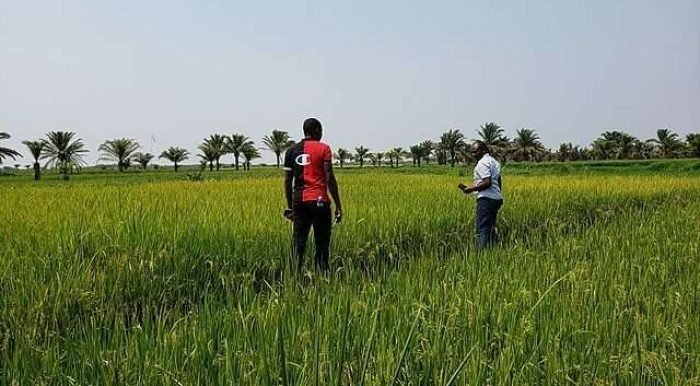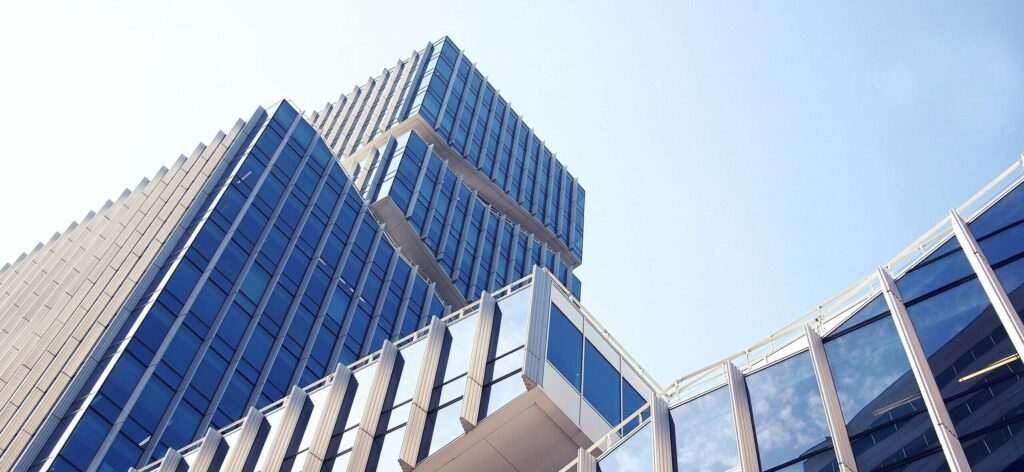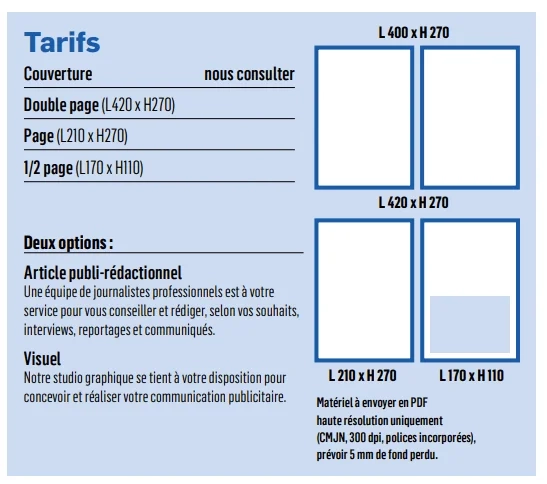Space not available
The file format is not recognized
Reserve this advertising space
Post an ad : banner or video
press release, interview, sponsorship
Choose this advertising space
and click here to transmit
an announcement file
Your ad in pop-up format
Choose this advertising space
and click here to transmit
an announcement file
a file
or
Transmit here
a file
– Agriculture, one of the pillars of economic diversification

The DRC's agricultural potential is among the most significant in the world. According to many experts, agriculture is one of the best opportunities for diversifying the national economy.
Space not available
The file format is not recognized
Reserve this advertising space
Post an ad : banner or video
press release, interview, sponsorship
Choose this advertising space
and click here to transmit
an announcement file
Your ad in pop-up format
Choose this advertising space
and click here to transmit
an announcement file
a file
or
Transmit here
a file
According to the African Development Bank (AfDB), the Democratic Republic of Congo (DRC) currently exploits 8 million hectares of arable land, or 10% of its potential, which is the second largest in the world after that of Brazil.
President Félix Tshisekedi also called on the government to provide support for the emergence of this sector. He called for driving and coordinating the transformation of the country's abundant natural assets, such as the availability of 80 million hectares of arable land, a dense population, and proven experience in the production of rice, cassava, potatoes, and corn in certain areas. For example, starting in 2023, government food purchases, as well as those of the Presidency of the Republic, will have to shift to locally produced agricultural products.
In the DRC, more than 501,000 tons of fruit and vegetable production is lost due to a deficient value chain, particularly in terms of storage and transportation. Supply does not meet the abundant demand. To rehabilitate agriculture, it is necessary to first invest in electricity and roads or evacuation routes, the only way to boost the agro-pastoral industry and create jobs for young people.
With the vision of creating a transformed agricultural sector that generates wealth and creates jobs, President Tshisekedi has launched a program called the Agricultural Transformation Agenda (ATA-RDC). This program addresses a wide range of aspects, including food and perennial crop value chains and infrastructure. The program will be implemented by the International Institute for Tropical Agriculture (IITA). The start of activities will take place in several phases, the first of which will cover the period 2022-2023.
Concretely, this program is structured around priority axes allowing for a rapid impact, namely the revival of the seed sector for cassava, corn, rice, soybean and bean speculation as well as the strengthening of the capacities of agricultural authorities set up by the voluntary agricultural program (PVA) under its coordination, managed by the company Bio Agro-Business (BAB).
Space not available
The file format is not recognized
Reserve this advertising space
Post an ad : banner or video
press release, interview, sponsorship
Choose this advertising space
and click here to transmit
an announcement file
Your ad in pop-up format
Choose this advertising space
and click here to transmit
an announcement file
a file
or
Transmit here
a file

The focus of this program is: the implementation of the 145 Territories Development Project (PDL-145T), advocacy and promotion efforts for bread flour in bakery and pastry by the Integrated Emergency Development Program Support Unit (CAPUIDC), the Brown Streak Management and Control Project funded by USAID for the development of healthy cassava varieties that are tolerant and resistant to cassava brown streak disease present in the DRC, the Integrated Agricultural Growth Project in the Great Lakes (PICAGL) funded by the World Bank, whose objective is to increase agricultural productivity in the eastern part of the country, which has borne the scars of war, and to improve regional agricultural integration between the DRC and Burundi; the Youth Entrepreneurship in Agribusiness Project (PEJAB) funded by the African Development Bank, interventions in the prevention and control of the armyworm attacking maize with financial resources from USAID, the regional SISCA project, funded by IFAD, of which the DRC is among the 3 beneficiary countries, which operates in the strengthening of a public-private partnership for the supply of quality seeds at low prices.
Other projects are awaiting launch such as: the National Agricultural Development Program (PNDA) financed by the World Bank whose objective is to reduce rural poverty while restoring and modernizing agricultural production systems and mobilizing significant investments in the agricultural sector, the fight against cassava necrosis diseases, the processing and marketing of agricultural products considering women and young people as priority targets are also included in this agenda.
For the 2022 financial year, the planned credits for the agricultural sector are estimated at more than 684.6 billion CDF, or 342.3 million dollars.
An agricultural biotechnology laboratory in Kalambo
Located in the eastern Democratic Republic of Congo, 15 kilometers from the city of Bukavu, the Kalambo station specializes in processing cassava into various derivatives such as biscuits and cakes. To promote local consumption and ensure food security, an agricultural biotechnology laboratory was built there and inaugurated in 2019. This laboratory of the International Institute of Tropical Agriculture (IIAT), the second laboratory of its kind in Africa after the one in Nigeria, diagnoses problems affecting crops including cassava, bananas, corn, and soybeans, to find solutions.
Furthermore, the goal of creating this laboratory is to provide support to local and government initiatives. Indeed, the PICA project and the World Bank played a technical assistance role in this project. These two institutions will work with the government, with INERA (National Institute for Agronomic Study and Research), with SENASEM (National Seed Service) to assist and engage beneficiaries with the best technologies, the best seeds, and the best appropriate agricultural practices. Finally, partnerships are being established to offer theoretical and practical training to Congolese executives.
Space not available
The file format is not recognized
Reserve this advertising space
Post an ad : banner or video
press release, interview, sponsorship
Choose this advertising space
and click here to transmit
an announcement file
Your ad in pop-up format
Choose this advertising space
and click here to transmit
an announcement file
a file
or
Transmit here
a file
















 A Seat That Transforms into a Bed
A Seat That Transforms into a Bed  In the world of air travel, economy class is often considered the most affordable option. However, at Air Afrika, we believe that affordability shouldn't mean compromising on quality of service. Our class
In the world of air travel, economy class is often considered the most affordable option. However, at Air Afrika, we believe that affordability shouldn't mean compromising on quality of service. Our class











